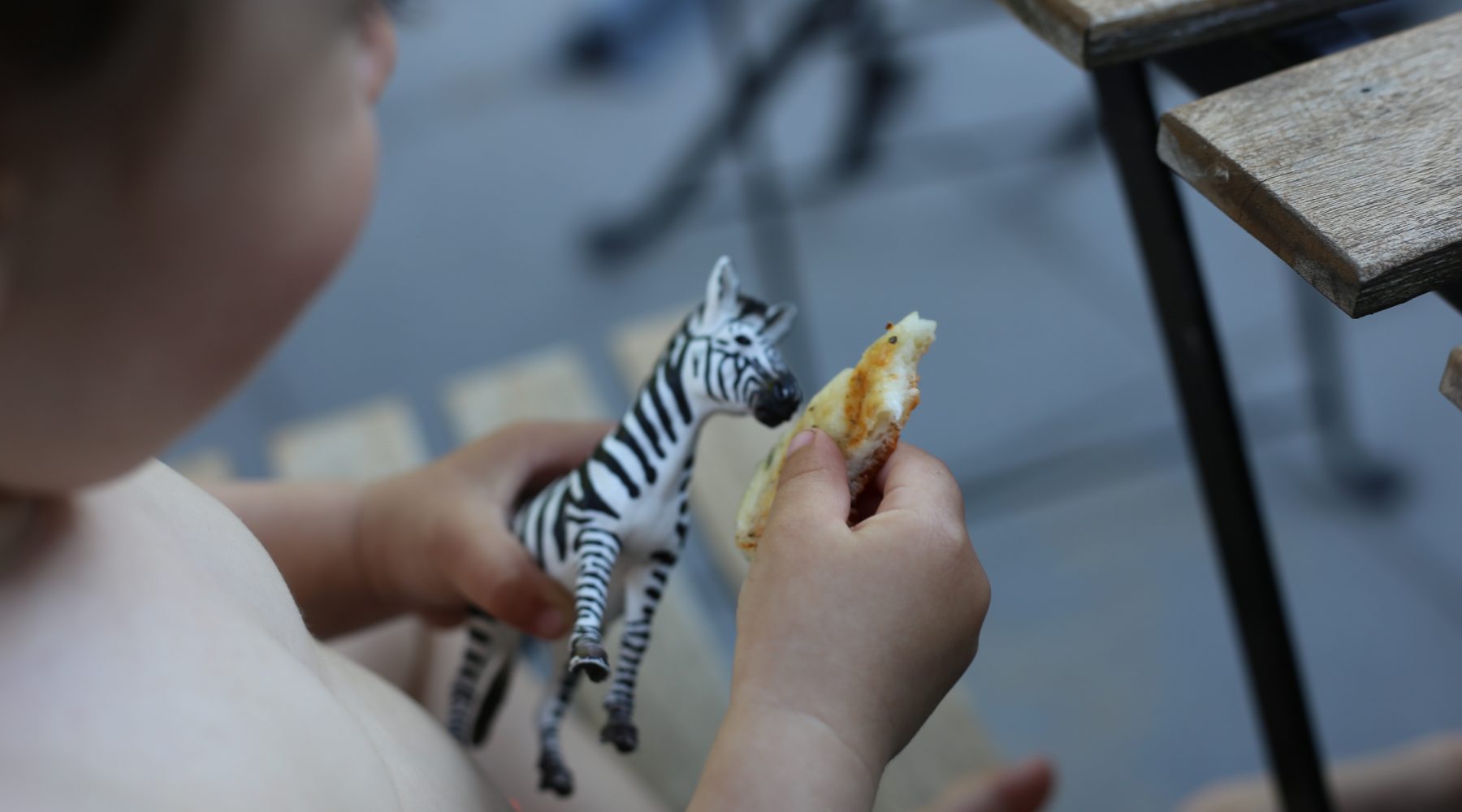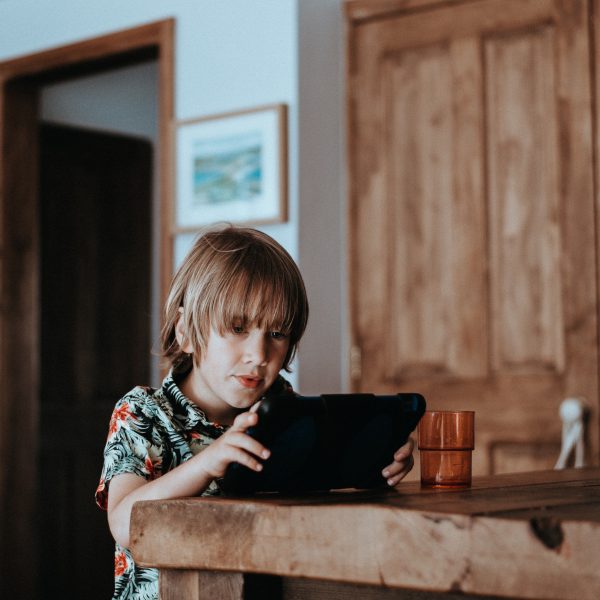New WHO guidelines highlight the importance of early learning and responsive care

Enabling young children to achieve their full potential is a human right, and an essential requisite for sustainable development. It is from this premise that the World Health Organisation (WHO) has developed a new guideline to provide direction for strengthening policies and programs to better address early childhood development.
The new guideline provides global, evidence-informed recommendations on improving early childhood development through interventions that support responsive caregiving and early learning. It focuses on the needs of both caregivers and young children because early childhood development is an outcome of healthy, nurturing interactions between caregivers and children.
The guideline contains three recommendations aimed at caregivers, health professionals and other workers who can assist them, as well as policy-makers and other stakeholders. The recommendations relate to:
- providing responsive care and activities for early learning during the first three years of life;
- including responsive care and early learning as part of interventions for optimal nutrition of infants and young children; and,
- integrating psychosocial interventions to support maternal mental health into early childhood health and development services.
Responsive caregiving, WHO said, refers to the ability of the caregiver to notice, understand, and respond to the child’s signals in a timely and appropriate manner. Responsive caregiving is essential for ensuring children’s health, nutrition, safety and security. It also creates opportunities for early learning which occurs through the interaction of an infant or young child with a person, place or object in their environment.
Early childhood development was highlighted as an area for improvement due to the fact that 250 million children (43 per cent) of children five years and under in low and middle-income countries are at risk of not achieving their developmental potential due to only two of many risk factors: extreme poverty and stunting.
Severe personal or social stresses, such as interpersonal violence, depression and displacement can be overcome, to some extent, WHO said, through supportive guidance, demonstration and encouragement to motivate parents to interact with their young child.
“No single sector or stakeholder can provide all that is needed for every caregiver and for every child. Everyone has an important role to play, including social policies that support families and young children. This is laid out in the Nurturing Care Framework, launched in 2018, which provides a multi-sectoral, multi-level roadmap for action, recommending a whole-of-government and whole-of-society approach,” a WHO spokesperson said.
Some important highlights from the Guidelines include:
Every child should have responsive care
Responsive care means tuning into a child’s signals and what they are telling us – whether they do this by facial expressions, crying, or making other sounds and movements – and then responding accordingly to their needs.
This process sets up the basis for building secure and loving relationships, as well as early learning. It helps babies and young children feel safe, knowing they are protected by those they love, and that they can effectively communicate their needs.
Some of the things parents and caregivers can do to strengthen this bond include:
- Frequent physical contact, like holding or cuddling.
- Regular eye contact from a short distance away.
- Talking and singing and responding to the noises the baby makes.
Children learn when we talk and engage with them
Learning happens constantly for a young child: when they move their body, hear and use language, experience new things or places, or interact with the people around them.
As such, every moment with a child is an opportunity for them to learn and develop, whether during play and feeding, or a part of regular day to day activities like doing household chores.
Play can take many different forms, helping children solve problems, express themselves, make decisions, practice skills and try new things – all critical components of our development.
For childhood learning, it is therefore important that play is built into daily routines, and that children have safe spaces in which to explore, engage and be creative.
Children’s learning and development is not just ‘something that happens’. It requires constant attention – and much more investment. It also requires attention to the needs of caregivers, including their physical and mental health.
At the government level, this encompasses family friendly policies like paid parental leave, child benefits and affordable childcare, all of which help parents provide safe, stable and loving care for their children.
To access the guideline, please see here.
Popular

Practice
Provider
Quality
Research
Workforce
New activity booklet supports everyday conversations to keep children safe
2025-07-10 09:00:16
by Fiona Alston

Quality
Practice
Provider
Research
Workforce
Honouring the quiet magic of early childhood
2025-07-11 09:15:00
by Fiona Alston

Quality
Practice
Provider
Workforce
Reclaiming Joy: Why connection, curiosity and care still matter in early childhood education
2025-07-09 10:00:07
by Fiona Alston












